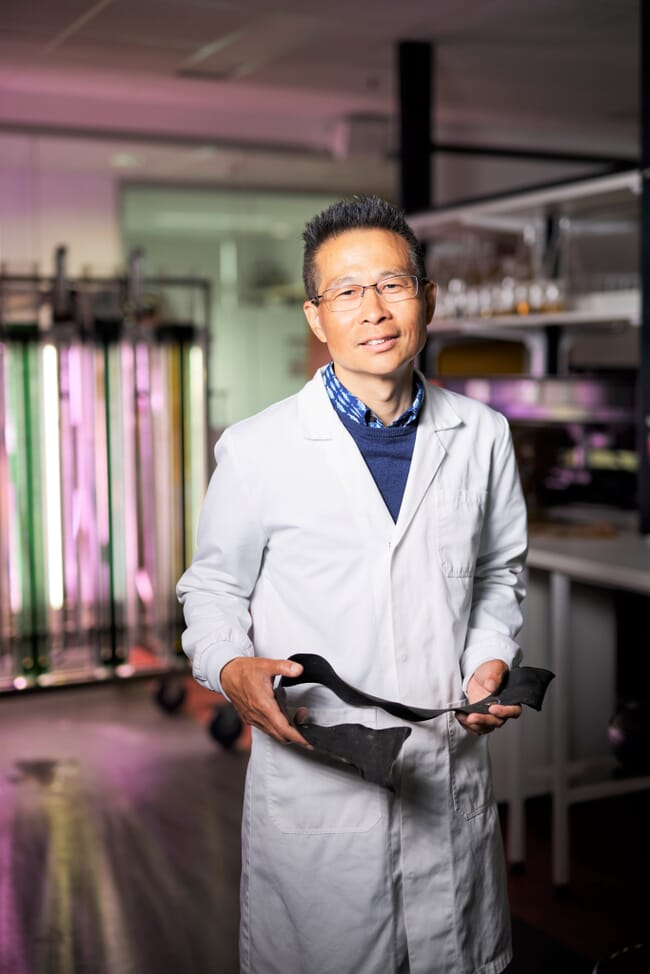
South Australia has a remarkably high diversity of seaweeds, with up to 1500 described species, of which approximately 62 percent are endemic to the region.
Seeking to exploit this high species diversity, a new study, conducted by a Flinders University research group, evaluated the anti-aging qualities of extracts from three South Australian seaweeds - Ecklonia radiata, Cystophora moniliformis, and Cystophora siliquosa.
The researchers found extracts of South Australian brown seaweed to increase collagen levels in the skin, and protect against the deterioration of both collagen and elastin - proteins which contribute to the structure of skin.
“Collagen acts as a building block for bones, teeth, muscles, skin, joints and connective tissue, while elastin gives skin its elasticity and strength – and both these proteins are popularly promoted by the beauty industry as essential for the appearance of healthy skin,” said Professor Wei Zhang, a member of the research team that conducted the study, in an announcement from the university.
Professor Zhang emphasised that the research found extracts from SA’s brown seaweed which not only stimulated the growth of collagen, but also inhibited a process called glycation, which leads to the deterioration of collagen and elastin.
“So far anti-glycation agents haven’t been strong enough to have a major impact on anti-aging, so our discovery is really exciting as we can see the potential to develop stronger anti-glycation extracts from brown seaweed,” he explained.
“Our findings will help to fill knowledge gaps and sustainably develop brown seaweed advancement in topical and supplement skincare products. A patent has been filed and the team is looking for investors and industry partners to collaborate for further commercialisation,” Zhang added.




